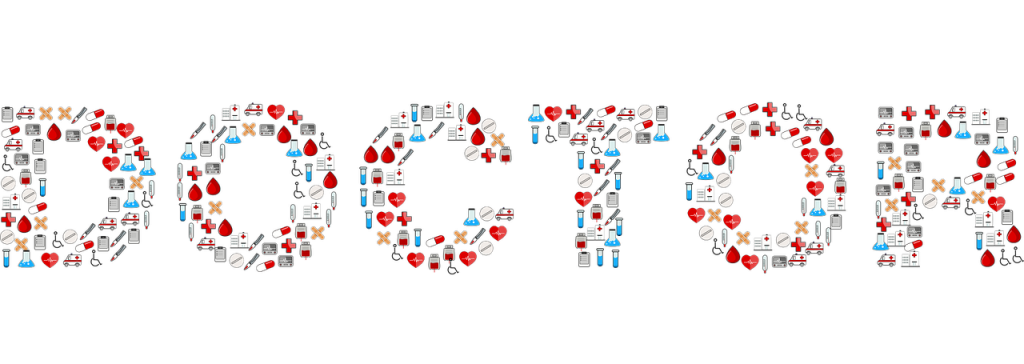Signs and Symptoms of Physicians Burnout
As part of our series examining burnout in high stress professions, in today’s blog post by therapist Teyhou Smyth we explore the signs of burnout in doctors and other medical professionals. As the old adage goes: “Physician, heal thyself.” It is so important that those in caring professions take care of themselves first. Make sure that you know and watch out for the symptoms of stress and burnout in yourself, before they become debilitating and you cannot perform your duty of care to your patients, or indeed your loved ones.

WHAT ARE THE SIGNS AND SYMPTOMS OF DOCTORS BURNOUT:
As the demands on time and energy increase, doctors are becoming more exhausted and overwhelmed. The frenetic pace at which medical professionals are expected to practice can drive even the most dedicated and experienced doctors into burnout mode.
The Agency for Healthcare Research and Quality have been studying physician burnout and have identified five primary causes:
- Time pressures
- Chaotic environment
- Low control of pace
- Electronic Health Record (EHR)
- Family responsibility
The increased demands on medical professionals results in decreased time spent with patients. This reduces quality of interactions and ultimately, decline in patient care.
There are only so many responsibilities and tasks one person can attend to during a given day. One of the most important professions, responsible for the care and health needs of the general public is being stretched too thin. Is it any wonder our doctors are getting burned out?
The average doctor treats around 20 patients per day.
Considering the vast range of symptoms patients present with, the demands of the electronic health record, the business of hospital/practice expectations, and an increasing level of responsibilities within the workday (not to mention personal life), it makes sense that our doctors are making diagnostic mistakes as a result of cognitive exhaustion.
What Does Doctor Burnout Look Like?
Common symptoms of physician burnout include emotional exhaustion and detachment, high stress, feeling useless, a sense that work is taking over one’s life and an increase in errors. In a prolonged state these symptoms can lead to depression, anxiety and even suicidal ideation
Statistics indicate that around 54% of doctors report symptoms of burnout and 29% are clinically depressed.
Approximately 300-400 doctors commit suicide yearly. The rate of completed suicides increases exponentially as physicians age, compared to that of the general public.
This disturbing set of statistics indicate the need for drastic change in the way physicians are expected to practice.
If we expect our medical professionals to provide consistent, quality care to patients, their wellbeing and life-balance must be prioritized.
The culture surrounding doctor productivity and the extreme demands on health professionals must be challenged by a more ethical system. One in which people come first rather than profits. A healthy physician can provide better care to patients.
Better care reduces misdiagnoses, poor patient prognosis and malpractice suits.
The medical profession and their administrators needs to take care of their own; the important work of our doctors depends on it, as does the health of each and every patient they serve.
How to Meet the Needs of Burned Out Doctors
Medical professionals have been open about their needs to reduce burnout. Requests such as flex schedules, more time to attend to tasks, electronic health record entry and work/home balance are all areas that physicians have identified for systems-level solutions to reduce burnout.
It is important for doctors to pay attention to their own physical and emotional health. However, the solutions for burnout need to be addressed at the macro-level as well as through individual self-care.
As the demands of the medical field increase, it is imperative for those in practice to monitor their own wellness. They should advocate for healthier #WorkLifeBalance. Caregivers often underestimate their own needs for self-care, and in the case of doctors, this can have detrimental consequences.
[This blog post originally appeared on Teyhou’s website www.livingwithfinesse.com ~ some content may have been modified for the UK context.]
